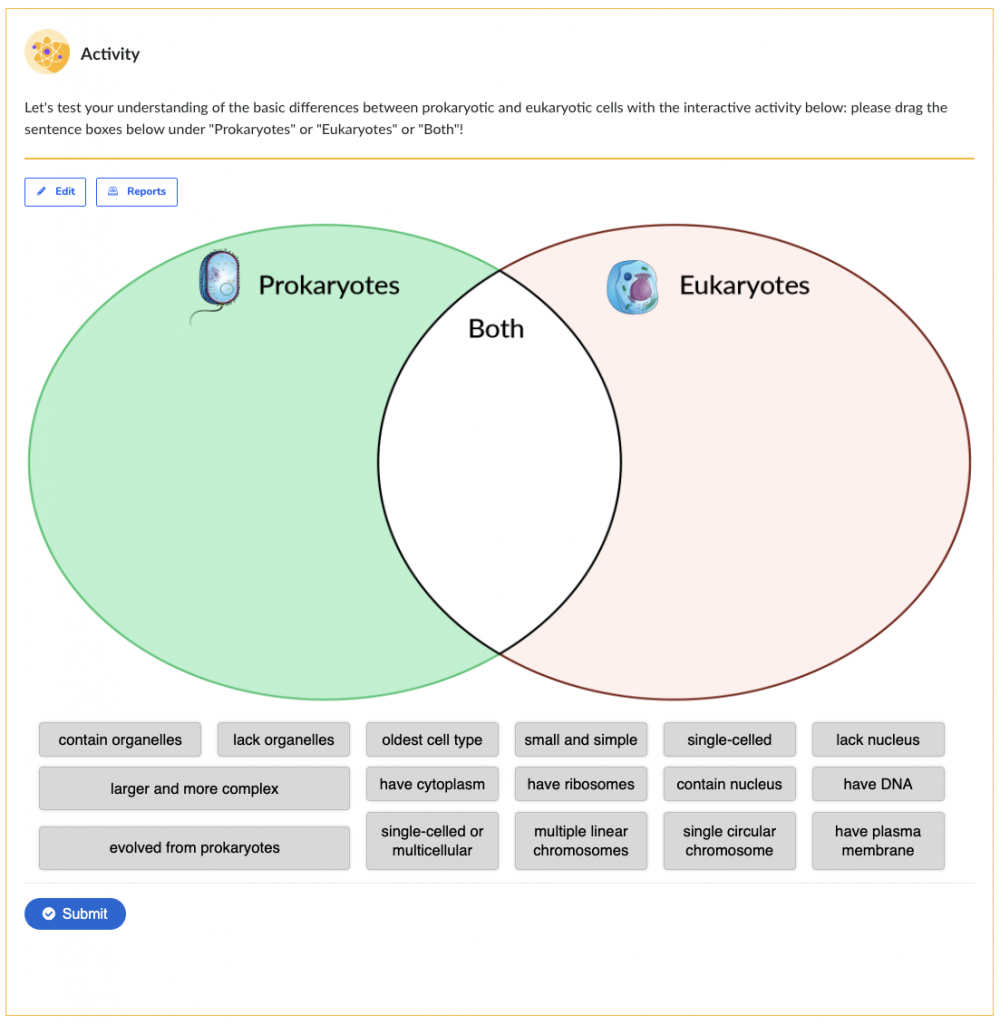In late 2022, as the university was winding down for the year, the Plus UTS team and the Postgraduate Learning Design (PGLD) team were busy collaborating with the Faculty of Engineering and IT, the Graduate School of Health and industry partners to develop an exciting new series of government-funded microcredentials. These “small-scale packages of learning” (NSW Govt, 2022) which are predominantly online, provide flexibility for learners and allow the industry partners to have a more active role in skill development.
PGLD were excited to work on some of the first microcredentials offered as a part of the New Education and Training Model (NETM) for Western Parkland City, an area expected to see significant economic and population growth in the coming years. Among these microcredentials are:
- Basic Programming and Use of Collaborative Robots (FEIT with industry partner OMRON)
- Practical Foundations subjects in Biology, Microbiology, Organic Chemistry and Inorganic Chemistry (GSH with industry partner Vitex Pharmaceuticals)
Aligning with industry needs
To ensure these microcredentials effectively prepared learners for professional work in the Western Parkland City, the learning outcomes were developed in collaboration with industry and academic stakeholders. All of the assessments and formative learning activities were carefully designed in alignment with these outcomes, so that it was clear to learners how the skills and knowledge they were being tested on would apply in an industry context.
For example, in Practical Foundations of Microbiology, one of the learning outcomes defined by industry was the need to be able to “identify and describe the different families of microorganisms and their functional differences.”
This objective was woven throughout the online learning activities that learners completed in Canvas, including an activity (below) that uses an interactive Venn diagram to compare the characteristics of two families of microorganisms. Carefully aligning each activity to the learning objectives in this way helps to create an engaging learning experience that also meets industry needs.

Demonstrating industry practice
Another key element of these microcredentials is that they give learners exposure to how the skills and concepts taught throughout are applied in industry.
In Basic Programming and Use of Collaborative Robots, learners need to interpret ‘cobot’ (collaborative robot) specifications to select cobots for integration into industry workflows.
To prepare learners to apply these skills, they are introduced through a video to a particular type of cobot operating in a real-world context. They are then asked to create a ‘robot work cell’ floor plan for placement of a cobot using a simple drag-and-drop interface. By modelling authentic industry scenarios and challenges in the learning activities, learners are better equipped to apply what they know when they enter the workforce.

Where to next
These projects were a great example of academics and learning designers coming together with industry to design bite-sized learning that meets learner needs in an innovative and specialised area.
The Plus UTS team and FEIT have now successfully won another NETM tender to develop a microcredential on ‘Introduction to Modern Industrial Automation – Managers’. This project has just kicked off and will be in developed in Partnership with Siemens aiming to deliver to five cohorts starting in the second half of the year.
